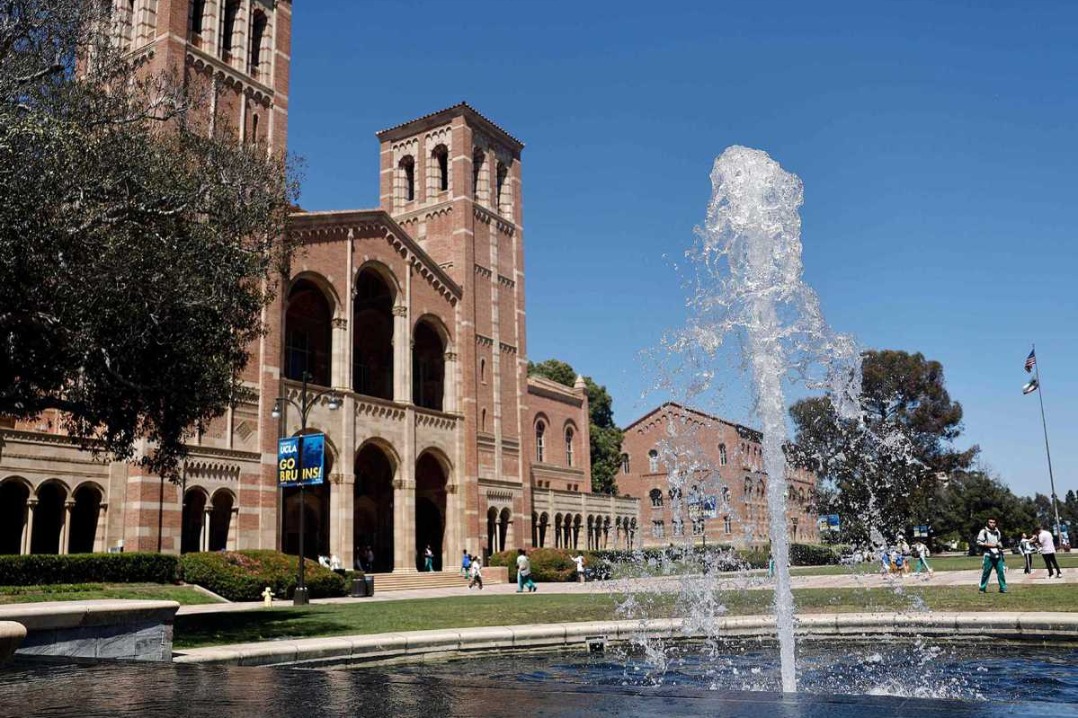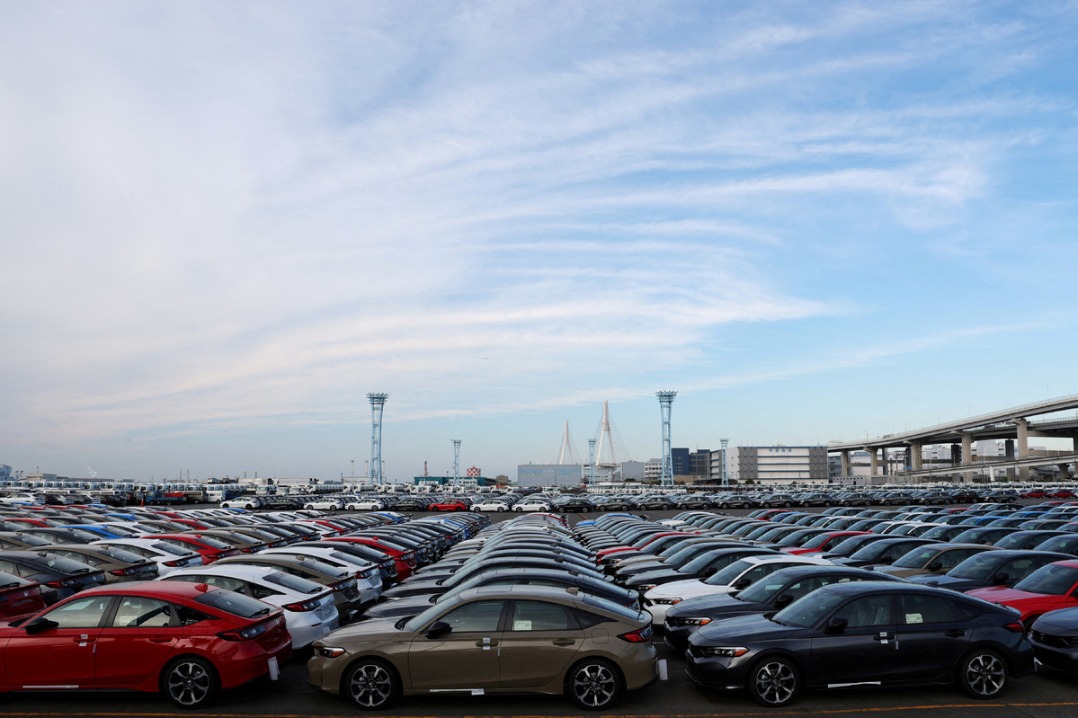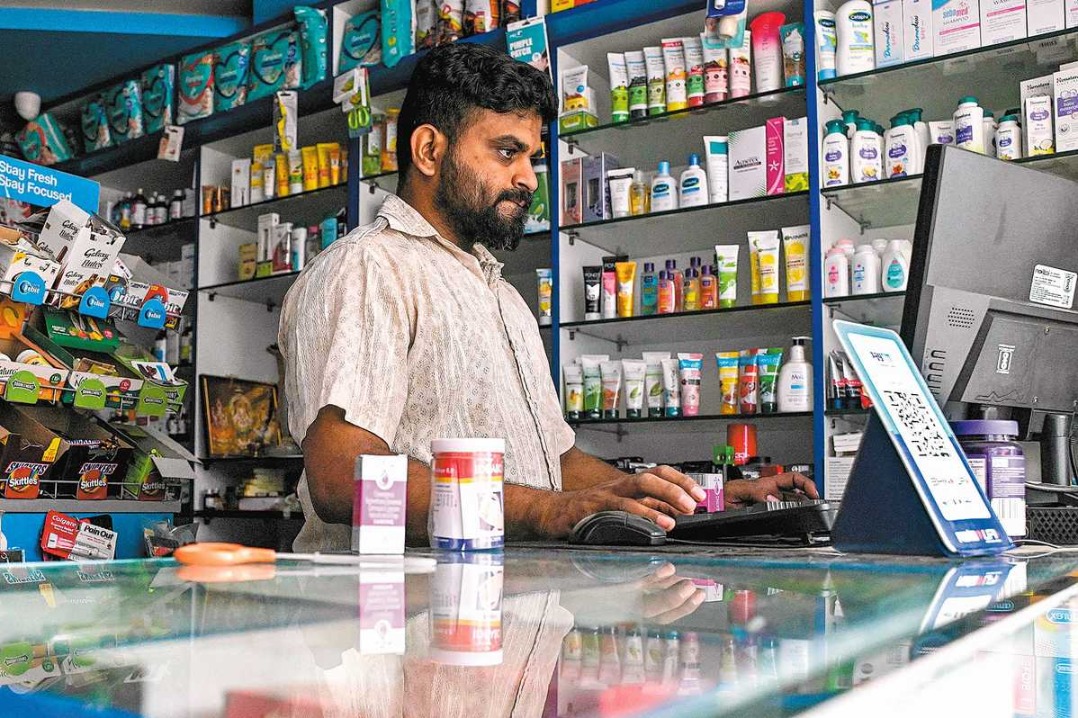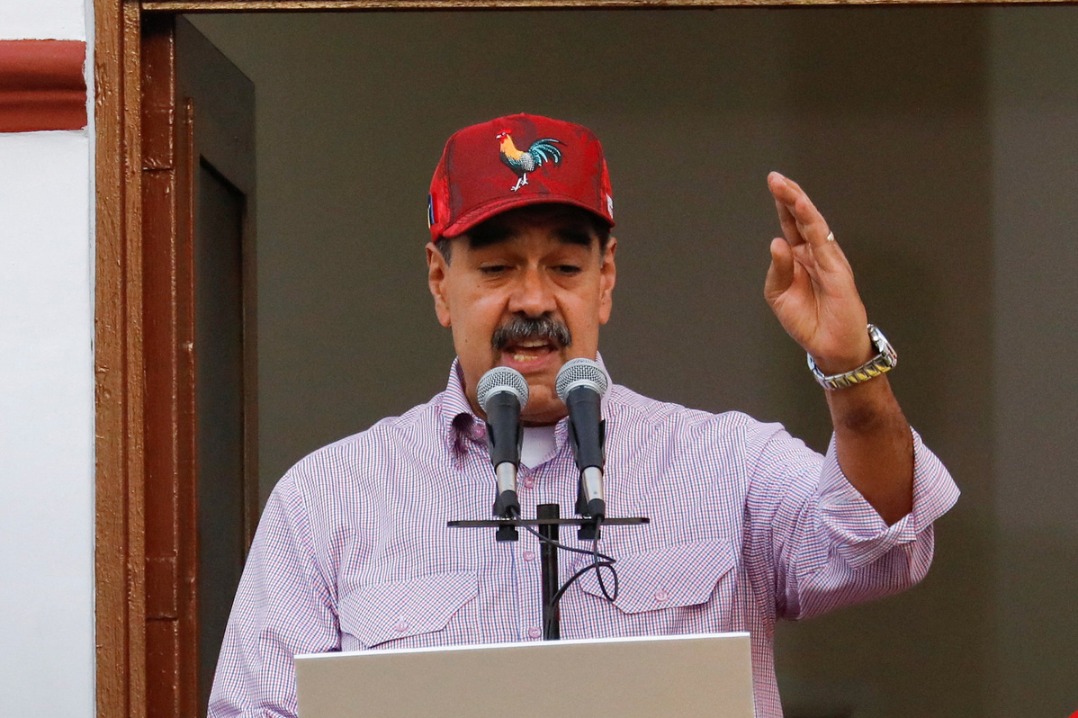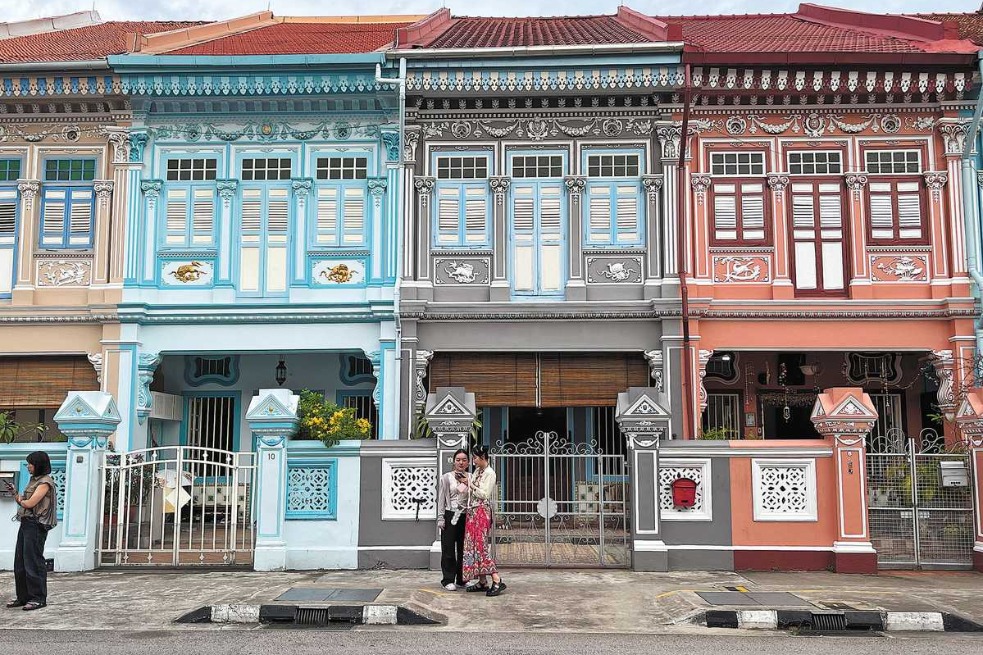World Toilet Day highlights dangers of global sanitation shortage

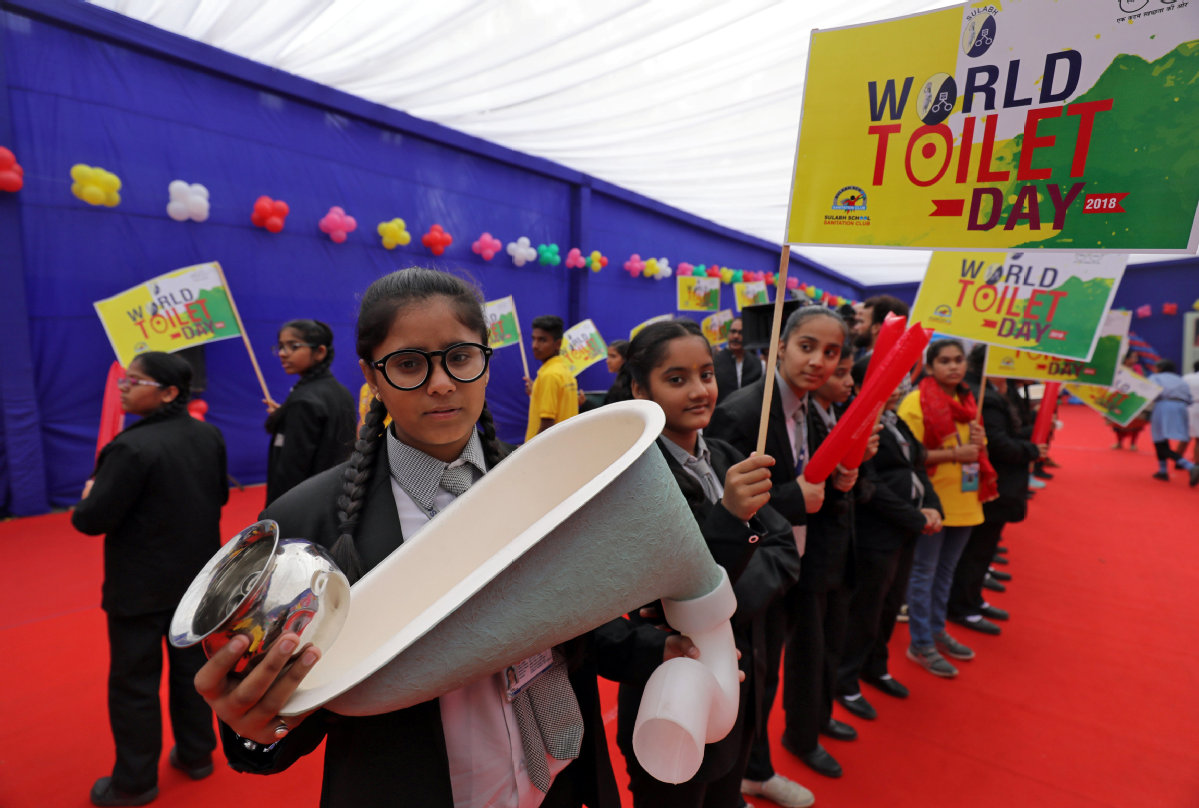
KAMPALA, Uganda - Poor countries around the world are facing a dangerous shortage of toilets that puts millions of live at risk, according to campaigners marking World Toilet Day by urging governments and businesses to invest more in sanitation.
The toilet crisis is most severe in parts of Africa and Asia facing extreme poverty and seeing a population boom.
One in five primary schools and one in eight secondary schools globally do not have any toilets, the group Water-Aid said in a new report to mark the UN-designated toilet day, observed on Monday, as part of efforts to end the global sanitation crisis.
An estimated 4.5 billion people across the world lack access to proper sanitation, said the report. Some 2.5 billion among them do not have adequate toilets, according to United Nations figures. The lack of toilets forces many to defecate in the open - in the streets, in the bushes and by rivers and other water sources.
Among the development goals set by the UN in 2015 is a target to ensure everyone has access to a safe toilet by 2030. But campaigners warn this goal will be hard to meet if governments and businesses do not put more money into the sanitation economy.
Sanitation is "the business of the decade", said Cheryl Hicks, chief executive of the Geneva-based business group Toilet Board Coalition. She said that the group is urging commercial investment to help reduce toilet shortages in countries where governments cannot afford such infrastructure.
"Half the world needs toilets. They don't have them because the infrastructure is too expensive for governments," she said.
African countries are among the neediest.
Vulnerable
The new report by Water-Aid cites an estimated 344 million children in sub-Saharan Africa who lack a toilet at home, leaving them vulnerable to diarrhea and other water-borne infections.
On Monday, Indian Prime Minister Narendra Modi reiterated his government's commitment to improving toilet and sanitation facilities across the nation.
According to official estimates, almost 80 million household toilets have been built since Modi's pledge in 2014 to ensure universal sanitation coverage by October 2019.
People in villages and other remote areas lack proper toilet facilities and are reduced to defecating and urinating in public.
In China, the government launched its "toilet revolution" in 2015 to promote sanitation improvements across the country, including a joint program between the Ministry of Education and UNICEF.
"The toilet revolution is of great value, as toilets are a basic human need that greatly influence people's living quality and concern their dignity," said Tao Yong, an expert on water quality-related technologies in rural areas with the Chinese Center for Disease Control and Prevention.
"The goals of improving people's wellbeing and protecting the ecological environment can hardly be reached without toilet improvements."
Ap - Xinhua
















